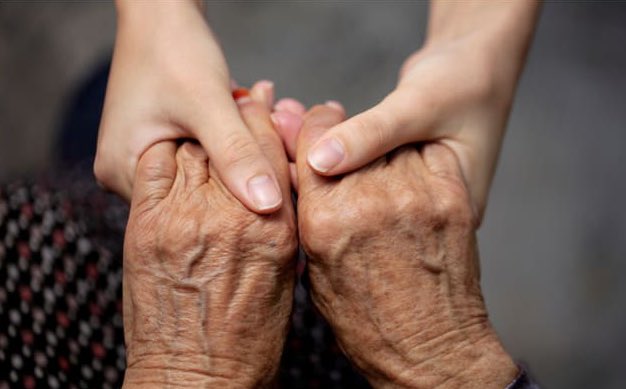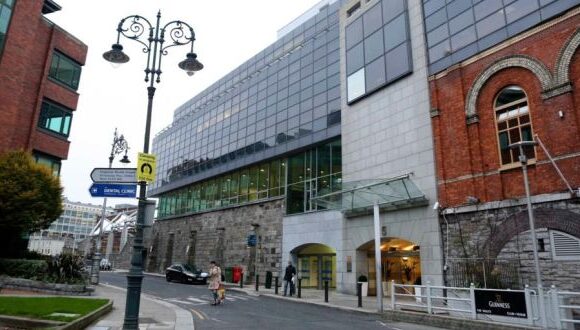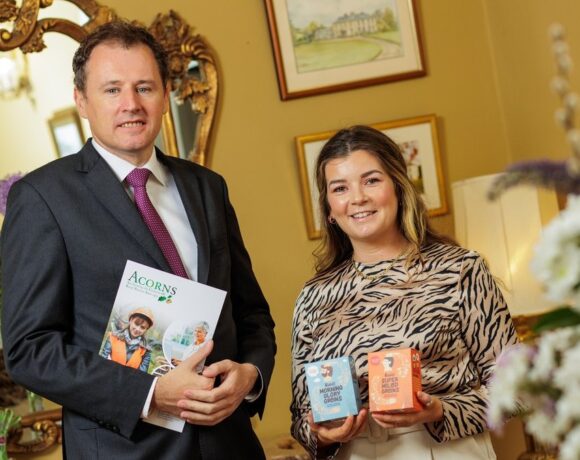The Minister for Health, Wellbeing and National Drugs Strategy, Hildegarde Naughton, Minister for Mental Health and Older People, Mary Butler, and the Chief Medical Officer Professor Breda Smyth are encouraging older people to reconnect with their communities to avoid loneliness and isolation.
They are inviting people to say “Hello Again World”, supported by a multi-media campaign that aims to empower people to increase their social connections.
Funded by Healthy Ireland, the campaign also features a new online resource – Social Connections – that provides information and advice on building and maintaining social connections, as well as signposts to resources nationwide.
Running on television, radio, outdoor and online, the Hello Again World campaign is designed to address loneliness among older people, whose social network may have shrunk as they aged.
Social isolation and loneliness can impact significantly on physical and mental health and is linked to multiple chronic health conditions. Building and maintaining social connections has many benefits for long-term health and wellbeing.
Connecting socially is safe, and older people in particular are advised that they should reduce their risk of illness while socialising, by keeping up to date with their ‘flu and COVID vaccines.
Minister Naughton said, “over the past year I’ve had the opportunity to see first-hand some of the many initiatives supported by Healthy Ireland that are helping to strengthen social connections in communities around the country. I’m inviting older people to tap into that wonderful network and to re-establish connections with family, friends and their local community. The new Healthy Ireland online resource makes it very easy to take the first step, whether that’s attending a local Men’s Shed, engaging in physical activity or volunteering. Making connections with others promotes a sense of wellbeing and belonging, and is a very positive step for improving health.”
Minister for Mental Health and Older People Mary Butler said, “during COVID-19 older people were the first group that were asked to cocoon for their own safety, and saw their connections within their community shrink, with many seeing their independence erode as they got used to family members and neighbours supporting them.”
“We know that it can be difficult to re-engage socially especially if it’s been a long time, but I’d like to encourage older people to take that first step and join in social activities that will impact positively on their health and rebuild connections. Day Centres are such an important resource for older people, helping those who may be lonely, those living alone, and providing great support.”
“I’m asking everyone to play their part, so if you have an older family member or neighbour, connect with them today. Be conscious of neighbours who may not have immediate family to support them. Many older people experience loneliness so sharing a meal, offering to bring them to a social event and encouraging them to get involved in their community, if they feel well enough, could help enrich their lives and the lives of those in their community.”
Chief Medical Officer Professor Breda Smyth said, “numerous studies have linked isolation and loneliness with chronic health conditions including heart disease, lung disease, cardiovascular disease and metabolic disorders, as well as poorer mental health. In contrast, the “feel-good” factor that comes from engaging with others has a very positive impact on our health, so I’m delighted that this Healthy Ireland initiative is showing people how to take that all-important first step and reconnect.”
“Connecting with people and meeting with your friends and family is good for your health and well-being. We are now in winter time, respiratory viruses are circulating and it is important to protect yourself. Keep up to date with your ‘flu and COVID vaccines. When socialising, take all sensible precautions such as cleaning your hands, coughing or sneezing into your elbow and staying home when sick, to avoid the spread of respiratory viruses. Reach out to your extended family and friends you may be in contact with to protect themselves and prevent transmission to others by getting their vaccine if they are eligible, this includes children.”













